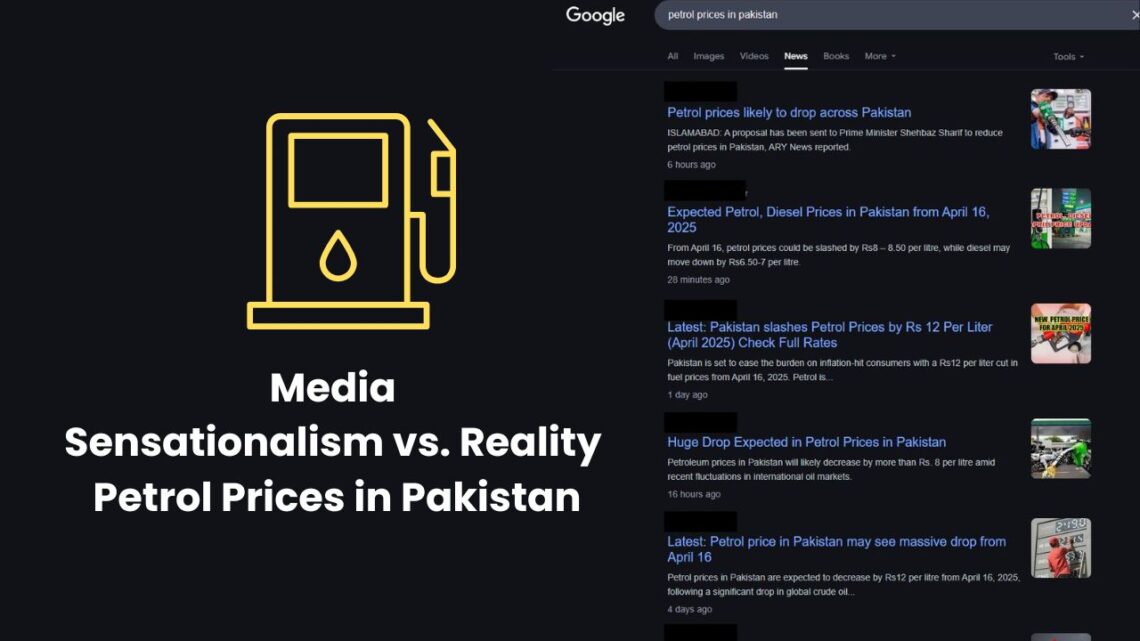Every few weeks, the media in Pakistan buzzes with speculation about petrol prices, whether they’re likely to drop or rise. News outlets, both mainstream and digital, often share these predictions without any solid evidence, leaving the public confused and hopeful. But the reality is far more complex.
Even Pakistan’s elected prime minister doesn’t know the upcoming petrol prices until the Oil and Gas Regulatory Authority (OGRA) tables the draft in front for approval.
The process of determining petrol prices in Pakistan isn’t as straightforward as many might think. Prices are calculated based on a formula tied to international crude oil market rates and influenced by the International Monetary Fund (IMF) policies and current economic situation.
Pakistan, unfortunately, isn’t in a position to make these decisions independently. The government operates under the IMF’s guidance, especially as the country awaits its next IMF program to bolster its struggling economy. With such external oversight, it’s clear that petrol price announcements aren’t something the government can control according to their wishes.
So, where does this wave of speculation come from, and why does it spread so quickly?
The media’s tendency to sensationalize petrol price changes isn’t new, but it highlights a broader issue, the public’s hunger for hope in challenging times. While it’s understandable that people want positive news, it’s crucial to seek the truth instead of clinging to rumors. The next time you hear a news outlet predicting a drop or rise in petrol prices, pause and ask yourself, do they have the facts, or are they just filling airtime?
The truth is, they often don’t have any credible sources. Many of these outlets rely on speculation to create stories that fill their news hours on TV channels or their websites sitemaps for Google crawlers.
It is a common practice among the media to create hype to grab attention and stay relevant, and the news editors are always in touch with each other, so it is a common practice for news channels and websites to copy each other. This cycle of speculation keeps the rumor alive, even when there’s no real news to report.
This brings us to the big question: where do media houses get their information when they claim petrol prices are about to change?
It’s unfortunate Pakistanis are drawn to this kind of hype, news that petrol prices might drop gives them a sense of relief.
The only way to know the actual petrol prices is to wait for the official announcement from the Finance Division.
These updates are typically published on the division’s website and shared across their official social media accounts, such as X, Instagram, or Facebook. Until an official statement is released.
Sensationalism feeds the stomach of media houses, while knowing the truth is far more valuable than chasing false hope.

















